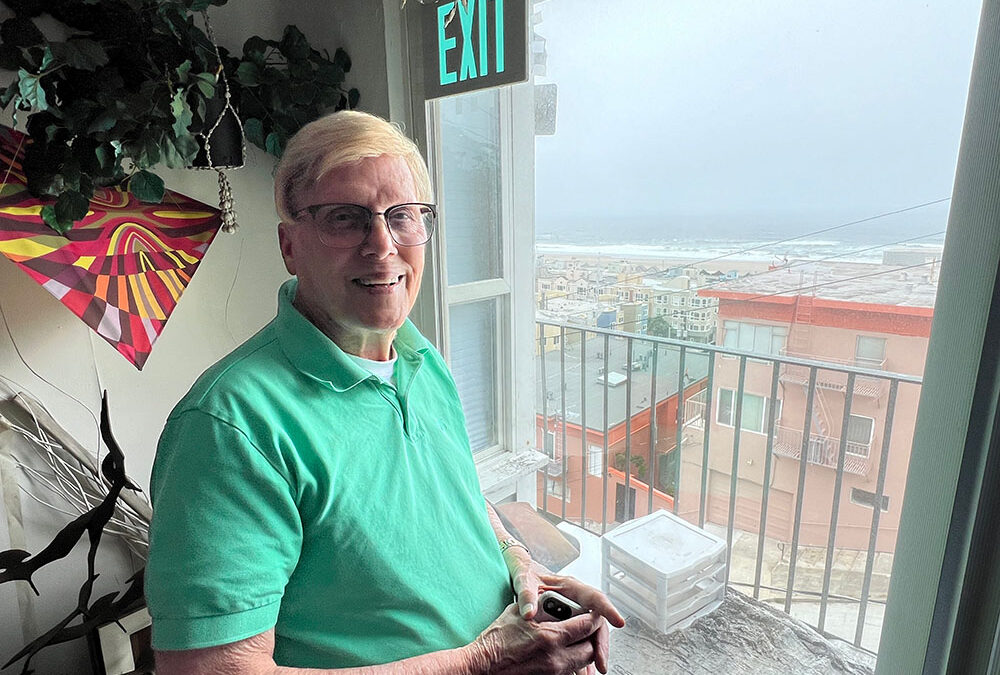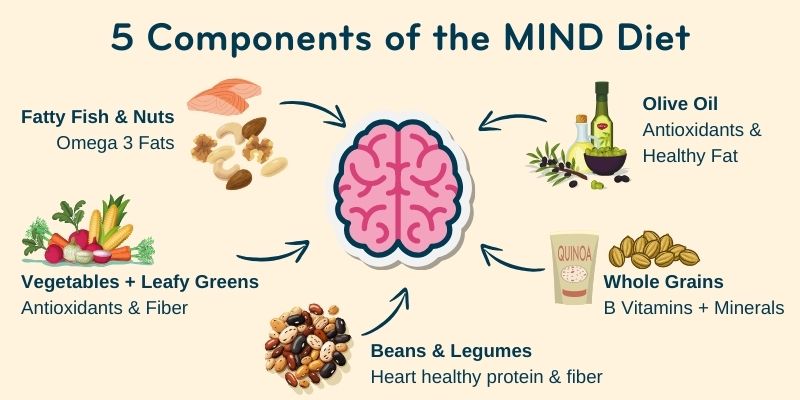September 15, 2017
Guest blog by Jackie Waters
“Time heals old wounds.”
We’ve all heard that well-known saying more times than we can count. However, the death of a loved one is a wound that even time itself may never fully heal. As a friend of mine said after recently losing a close loved one: “Perhaps a better phrase is ‘time helps us learn to cope with old wounds.’”
Not one person has ever managed to cheat his or her way out of dying, yet it’s a topic we’d rather not think about. This is because death frightens us. It is a great unknown. And it’s scary. This is especially true for our senior loved ones with Alzheimer’s. Death is part of the nature of our later stages of life, and there are unique challenges to helping someone with Alzheimer’s cope with grief.
Neptune Society says, “Before you can help a person with Alzheimer’s cope with the loss of a loved one, it’s important to understand how the grieving process works and the various stages of grief individuals typically experience.” Even when we anticipate the death of an aging or ill loved one, it can stir up some unexpected emotions such as inexplicable shock, confusion, anger, or prolonged depression.
Elisabeth Kübler-Ross, a well-known psychiatrist and author, pioneered the study of grief and bereavement. She theorized that stages of grief might include denial, anger, bargaining, depression and acceptance. However, because grief stages vary between individuals, these feelings may overlap rather than being experienced in any particular order. Some people never experience them at all. Your loved one will process grief in his or her own unique way, which may look very different from how you process your own grief – and that’s okay.
Alzheimer’s changes the grief process as it progresses, making it harder for both of you. Your loved one may not understand that his or her spouse has passed away. You might have to have the difficult conversation more than once. Try to remember the loving bond you have as you both work through this confusing and scary time together.
There are many emotional challenges that come along with carrying out final arrangements for a loved one. These challenges can be complicated by Alzheimer’s. You can take some stress off your loved one’s plate by volunteering to assist with funeral plans or “celebration of life” arrangements.
Deaths and funerals can also escalate family conflicts so it may be helpful to be a peacekeeper, helping manage conflicts as needed. This might involve contacting a grief counselor or family therapist. Your family should also consult a trusted attorney to go over the will, life insurance policies, and other important legal documents.
For those who have Alzheimer’s and dementia, losing a spouse might also mean losing a primary caregiver. It’s wise to assist with caregiving and other daily tasks during this difficult time. For instance, you could volunteer to do grocery runs or to assist with funeral arrangements.
You might also move your loved one to live with a family member or caregiver, or in an assisted living facility or nursing home. Because moving can be especially difficult for seniors, you can help with the move by renting a moving truck (or hiring a moving crew), providing transportation, assisting with packing and storing of your loved one’s belongings, and/or helping your loved one sell or donate unwanted items.
The weeks following a funeral can be a difficult and emotional time. Luckily, as you can see, there are many options available for assisting your loved one with the grieving process after the loss of their spouse. You can try to help your loved one with these responsibilities as much as you can; just remember to make time for your own grieving process as well.



